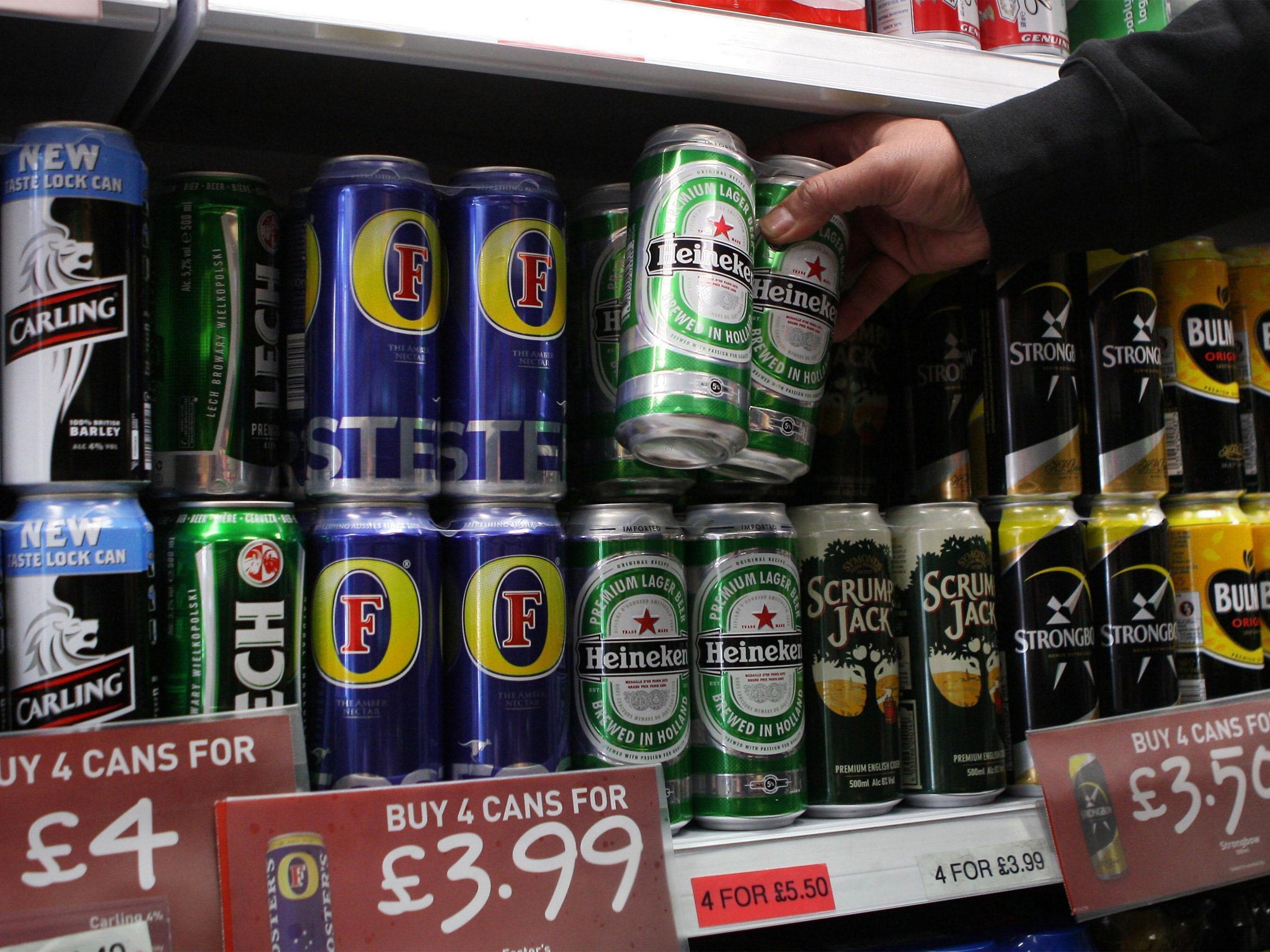Pint, pint, pint, fight: How we can help Britain's problem drinkers
Our Demos research looks at three defining areas

The Government’s most recent Alcohol Strategy thought big and delivered very little. It will be remembered for the minimum unit price that never was and other measures similarly put aside, such as banning multi-buy promotions on alcohol sold in shops.
In place of a strong national strategy, local authorities are taking on more responsibility. This is, broadly speaking, a good thing. Alcohol-related problems are unevenly distributed across the country, hence local solutions are best.
But local authorities need to know the evidence for the most effective solutions, and they need to think more creatively. True, we’re drinking less than we used to. Recent statistics show that overall consumption in the UK has been steadily declining for the last decade. But at the same time there are persistent problems with violent crime in certain local areas, and alcohol-related hospital admissions have more than doubled since 2002.
In our latest research Demos looks at three defining alcohol-related problems – underage drinking, binge drinking (including problems associated with the night-time economy), and dependent street drinking. Each of these needs its own tailored solution.
Tackling underage drinking requires going after the ‘enablers’ of harmful, unsupervised drinking. One of the most difficult issues for shops selling alcohol is ‘proxy-purchasing’ – adults buying alcohol for children. Punishments for proxy-purchasers need to be stricter, but also smarter, so that they fit the crime. In the UK, almost all adult proxy purchasers can expect a £90 fine, whereas in the US penalties can run to thousands of dollars in fines, community service, and even imprisonment. A community penalty, set at 40 hours alcohol-related work, would go a way to making potential proxy-purchasers think twice. Shops can also play a role here, engaging in a ‘name and shame’ campaign for those they identify as breaking the law.
For the night-time economy the government has given local authorities increased powers to limit the number of pubs, clubs, and off-licenses in areas with high levels of antisocial behaviour and violence. Councils can also impose a ‘late-night levy’, where premises open late pay towards policing costs. But it is difficult to see how this will have an impact on the people actually causing problems.
Demos propose a new, individual levy, where those who drink recklessly and cause harm to themselves and others pay towards policing and NHS costs. If individuals can’t afford to pay, they should do community work in the night-time economy such as promoting responsible drinking outside of pubs and clubs, or clearing up on a Sunday morning.
Dependent street drinkers represent a different set of problems. The ‘Reducing the Strength’ campaign in Ipswich, where shops are voluntarily removing white ciders and high-strength lagers associated with street drinking, has seen a reduction of almost 50 per cent in problem street-drinking.
The campaign has rightly attracted a great deal of media interest but what the headlines often miss is all the dedicated work that is being done alongside removing products – such as encouraging street drinkers into rehab. Street drinkers are often deeply excluded, due to a combination of severe mental health issues, homelessness, drug dependency, and long-term unemployment. Removing the product is not enough – joined-up support and the opportunity for street drinkers to engage in meaningful activities is what’s needed.
If the Government wants to send a clear message on harmful drinking it needs to give local authorities the powers to get tougher on the individuals causing problems. Overall, it’s clear that each alcohol-related problem requires a nuanced approach. Some local authorities and agencies are thinking more creatively and should lead the way for others. Simply banning products, and restricting the number of premises licensed to sell alcohol, won’t get the job done.
Ian Wybron is a Junior Associate at the think Demos and author of the Sobering Up report
Join our commenting forum
Join thought-provoking conversations, follow other Independent readers and see their replies
Comments
Bookmark popover
Removed from bookmarks